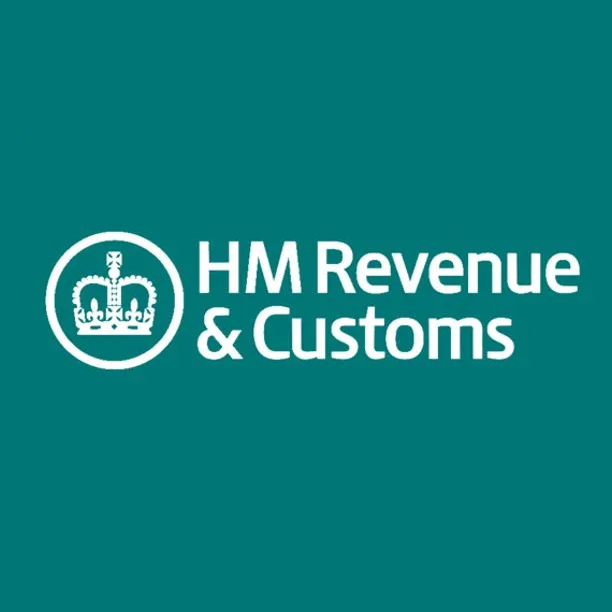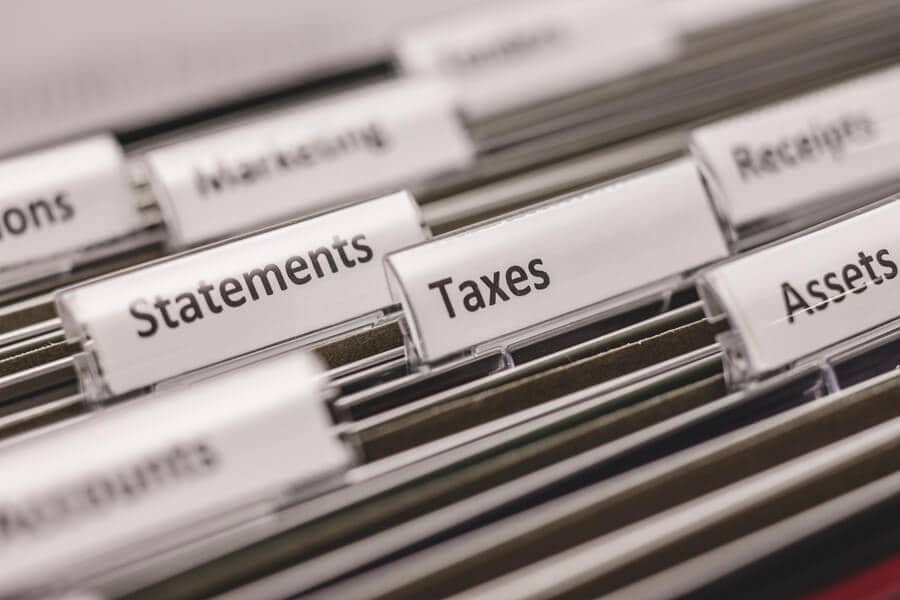
In the United Kingdom, self-assessment tax return is a system that allows individuals to report their income, capital gains, and other relevant financial information to Her Majesty's Revenue and Customs (HMRC) for the purpose of calculating their tax liability. If you are required to file a self-assessment tax return, here's an overview of the process:

Registration:
If you haven't done so already, you'll need to register for self-assessment with HMRC. You can do this online on the HMRC website or by calling the Self-Assessment Helpline. You will receive a Unique Taxpayer Reference (UTR) number, which you'll need for future correspondence with HMRC.

Recordkeeping:
Keep accurate records of your income, expenses, and any other relevant financial information. This includes sources of income such as employment, self-employment, rental income, dividends, and interest.
-
Deadlines:
The self-assessment tax return covers a tax year, which runs from April 6th to April 5th. The deadlines for filing the tax return and making payments are as follows:
- Paper tax returns: The deadline is October 31st following the end of the tax year.
- Online tax returns: The deadline is January 31st following the end of the tax year.
-
Completing the tax return:
You can complete your tax return online using the HMRC Self-Assessment Online service or by using commercial software. Alternatively, you can fill out a paper tax return form and mail it to HMRC. The tax return will ask for details about your income, capital gains, expenses, and any applicable tax reliefs or allowances.
-
Calculating your tax liability:
Once you have completed the tax return, HMRC will calculate your tax liability based on the information provided. This will take into account any tax deducted at source, such as through Pay As You Earn (PAYE) for employment income.
-
Paying your tax:
HMRC will provide you with a statement showing the amount of tax you owe. Payment is typically due by January 31st following the end of the tax year. You can pay online, by direct debit, bank transfer, or check.
-
Corrections and amendments:
If you discover any errors or omissions after submitting your tax return, you can file an amendment using the online service or by contacting HMRC.
-
It's important to note that this is a general overview, and individual circumstances may vary. If you're unsure about any aspect of your self-assessment tax return, it's recommended to seek professional advice from an accountant or tax advisor. Additionally, HMRC's website provides detailed guidance and resources to help you navigate the process.
